Pope Reflects on Opening of Vatican Tribunnal’s Judicial Year
Stresses Importance of Time and Patience
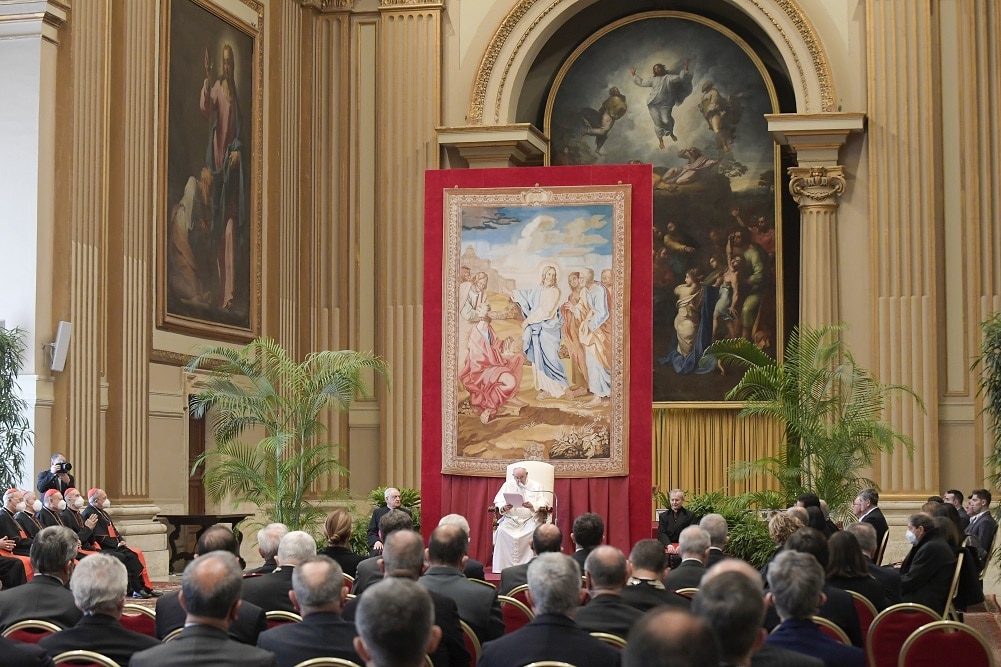
Reflecting on the opening of the Vatican Tribunal’s judicial year, Pope Francis focused first on the synodal process underway in the Church, which also involves the judicial realm, as all the participants in a juridical process journey together in arriving at the truth. His remarks were summarized by Vatican News.
As in the synodal process, judicial activity requires listening to each other, and magistrates are called to listen carefully to the arguments advanced by various sides without prejudice or preconceived notions affecting their viewpoint.
This requires time and patience, noted the Pope, and this openness to listening to others will help them to arrive at a carefully considered and shared judgment.
Patient discernment
A profound and patient work of discernment is essential in arriving at a just sentence, said Pope Francis, in order for justice to be implemented in favor of those involved and for the restoration of social harmony, looking to the future and helping begin anew.
The requirements of justice call for a comparative consideration of positions and contrary interests, and finding a way to reconcile them, the Pope pointed out. In penal trials, justice must be linked to possibilities for mercy that ultimately call for conversion and forgiveness.
He noted that a balance must be found in this area, in the awareness that mercy without justice can cause the social order to fall apart, but “mercy is the fullness of justice and the most radiant manifestation of God’s truth” (Amoris laetitia, 311)
Season of reforms
Referring to the updates and innovations to the work magistrates carry out today, the Pope noted those in the economic and financial spheres in the field of justice, corresponding to those developed by the international community, as well as the Church’s own reforms to adapt its structures to an ever more evangelical style.
The first area of changes, he said, regards provisions to favor spending restraint, especially due to the economic difficulties caused by the pandemic, and strengthening transparency in the management of public finances, which must always be exemplary and beyond reproach.
The other area concerns justice and the need to update the normative framework, said the Pope, calling it part of the quest for justice, which requires structural reforms.
He highlighted the amendment in the judicial system establishing the office of the Promoter of Justice and the way it exercises its role in the three levels of judgment in order to show the equality of all the members of the Church and their equal dignity and position.
The Pope added that further work is needed in updating Vatican legislation, especially in the area of criminal procedure and international cooperation, which could be dealt with in possible targeted reforms that are currently being studied.
He said the dynamics of trials must make it possible to restore the broken order and to pursue the path of justice that leads to an ever fuller and more effective fraternity, in which all are protected, especially the weakest and most fragile.
In conclusion, Pope Francis recalled that the law and judgments must always be at the service of truth and justice, as well as of the evangelical virtue of charity.
Related
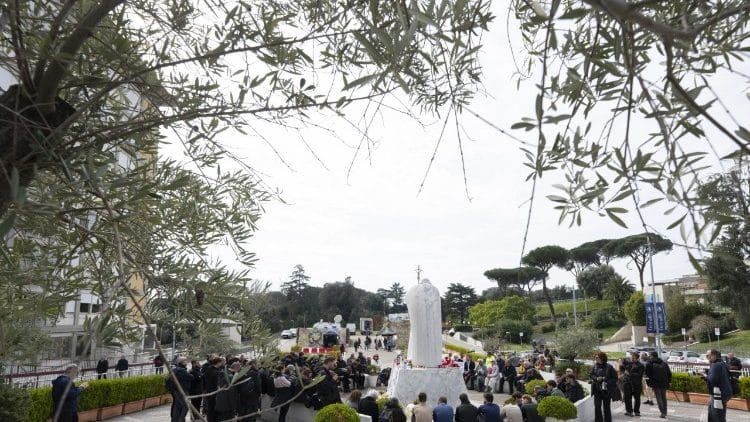
Pope at Gemelli Hospital: Peaceful Night
Exaudi Staff
12 March, 2025
1 min
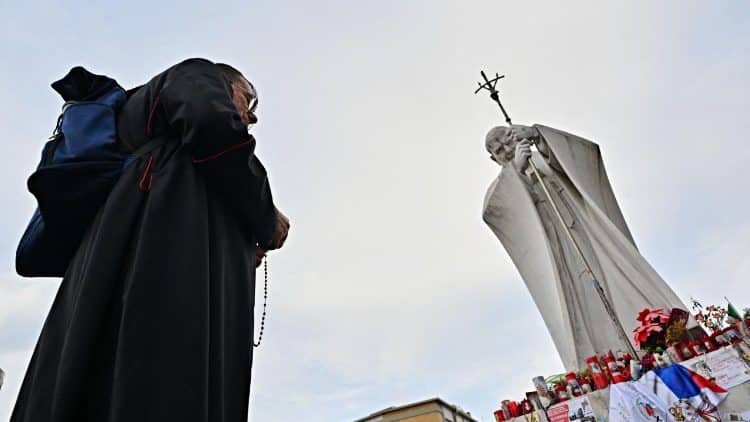
Pope at Gemelli Hospital: Slight Improvement
Exaudi Staff
11 March, 2025
1 min
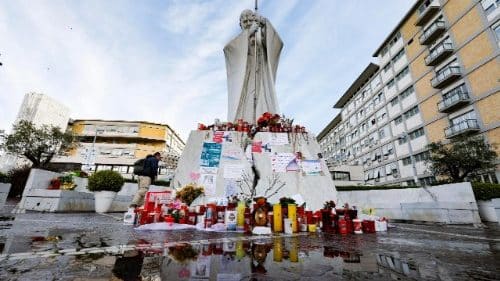
Pope Francis spent a peaceful night at the Gemelli Polyclinic
Exaudi Staff
11 March, 2025
1 min
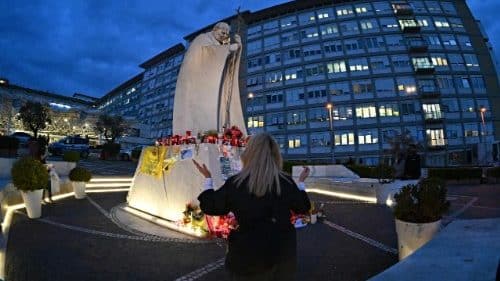
Pope Francis shows stable improvement
Exaudi Staff
10 March, 2025
1 min
 (EN)
(EN)
 (ES)
(ES)
 (IT)
(IT)

